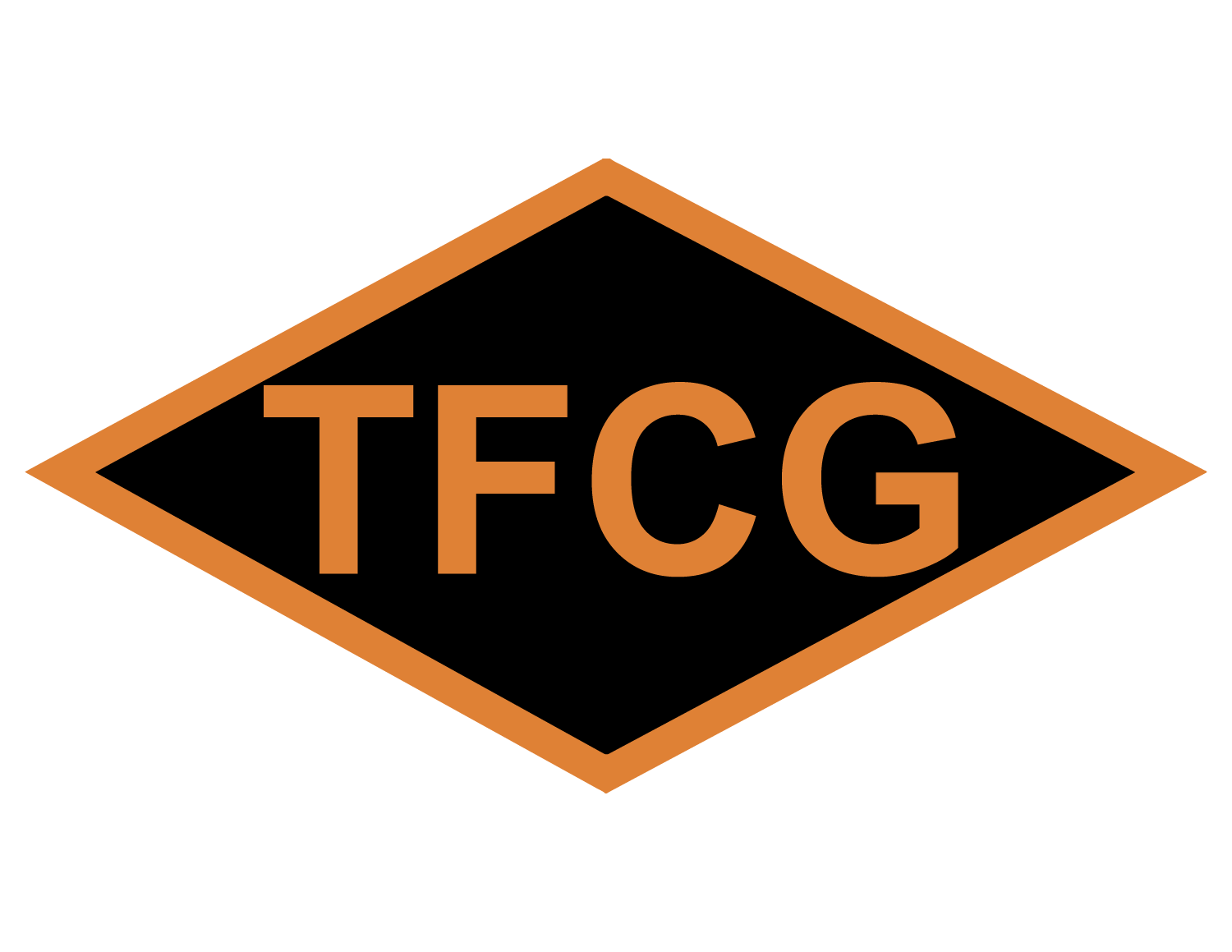Fast After 50 (#131)
As part of my executive coaching work, I try to help busy executives carve out the time to workout, eat properly, and get enough sleep. This is a critical part of building a person’s resiliency, or the ability to bounce back from the inevitable setbacks (see Post #97 for more on resiliency). But, where can you find good resources to help you workout more effectively, eat healthy, and sleep well? I previously discussed the great work Rob Shaul is doing at Mountain Tactical Institute in Post #122 and Dan John in Post #127.
Joe Friel
Joe Friel is an athlete, coach, and veteran. During his six decades of coaching endurance athletes he has written over a dozen books. His most popular are The Cyclist Training Bible, The Triathlete’s Training Bible, and Paleo Diet for Athletes. He is a very strong proponent of periodization. His website and blog are here. A couple of years ago I got a copy of Joe’s book, Fast After 50: How to Race Strong For the Rest of Your Life. It’s a phenomenal book and available on Amazon here.
Fast After 50
It’s no secret that everyone is aging. As business, executives, athletes, and coach potatoes grow old alike, their aerobic capacity decreases, maximal heart rate declines, the heart doesn’t pump as much blood, metabolism slows, and muscle fibers disappear which impacts muscle mass and strength. One challenge for most athletes, as they age, is that they get into a comfort zone. The older athletes repeat routine workouts and very rarely go outside their comfort zone. The battle against aging is a war of attrition. I know everyone who reads the blog is 29 years old and holding, but it might be worth thinking about ways to reduce the impact of aging.
Friel argues that you can slow the aging process through:
Increasing sleep duration — as we age, we tend to reduce the amount of time we sleep. It’s important to avoid caffeine in the late afternoon, follow a regular sleep schedule, avoid screen time thirty minutes before bed, and sleep in a dark, cool room to help you increase your quality and quantity of sleep.
Change your eating habits — as athletes age they need less carbohydrates and more protein, vegetables, fruit, and fats. A paleo diet is one way to achieve this. A good rule of thumb for protein intake is 1 gram of protein for every 2 pounds of body weight. For example, a 180 pound male should eat at least 90 grams of protein per day.
Scheduling high intensity workouts once or twice a week — Your workouts need, more than ever, to include strength training and high intensity training events (think sprints) at least once a week. The high intensity workouts stimulate muscle growth, help increase the metabolism, and help to slow the decline of aerobic capacity and muscle mass.
Planning recovery days, especially after the high intensity workouts.
For me personally, I try to get between 7 and 8 hours of sleep a night, have increased the amount of protein in my diet to try to get leaner, and do one sprint workout a week running (I usually find a set of stairs or a hill and do repeats) and one climbing workout a week on the bike (I find a tough hill and do repeats). I also schedule a recovery day each week. It seems to be working — I have been able to go fast or faster than I ever have on the bike this spring.
Conclusion
Go on the offensive in 2021 and ensure you are fighting the good fight on the war against aging.
